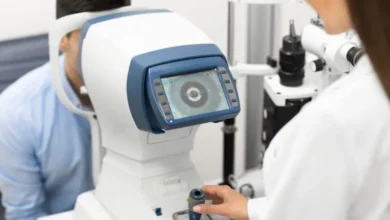Studies link caffeine with diabetes and body fat percentage

Caffeine is one of the most consumed substances in the world, found in coffee, tea, and several other beverages. Its effects on the body are widespread and can have both positive and negative implications.
In recent years, research has focused on the link between caffeine, diabetes, as well as body fat percentage.
Studies have shown that it may have a beneficial effect on diabetes, particularly type 2 diabetes, due to the fact that the presence of chlorogenic acid, which is abundant in caffeinated coffee, could reduce the risk of it.
Other research studies have shown that caffeine might enhance glucose metabolism and insulin sensitivity in humans.

Shutterstock
In contrast, there are contradictory results of caffeine consumption on body fat percentage. Some research studies suggested that it could increase metabolism and help in weight loss, while others have found an opposite relationship.
Other studies also suggest that caffeine consumption might increase lipid oxidation and fat oxidation or breakdown yet, its consumption might elevate appetite and increase calorie intake from foods.
It is essential to note that while caffeine may have some potentially beneficial effects on diabetes, consuming it excessively can have side effects such as insomnia, heart palpitations, and anxiety, making it vital to consume it in moderation.










